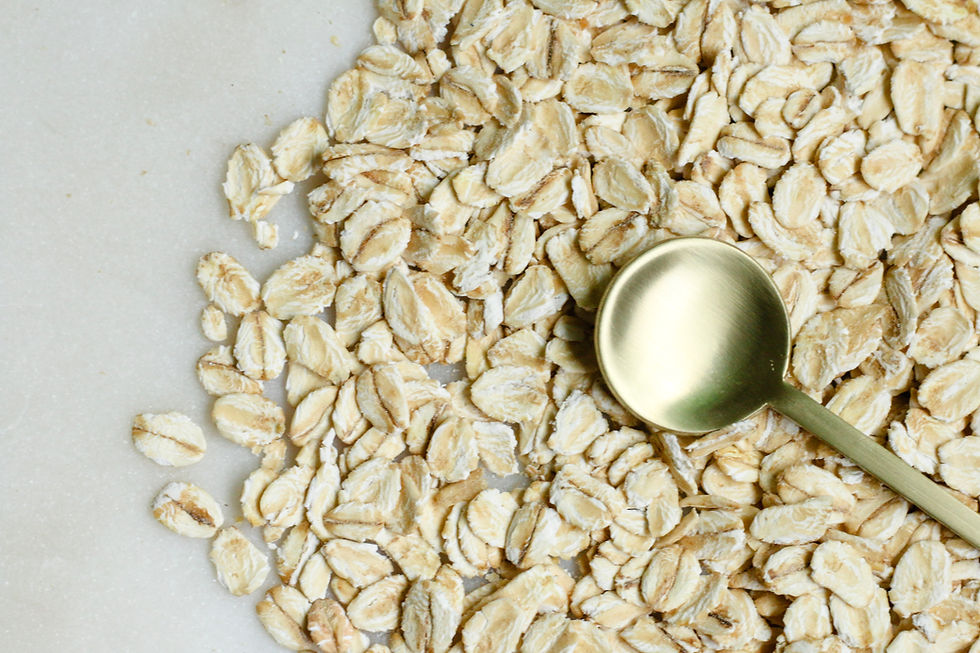Brewer on a mission
- Li Juaneza

- Apr 30, 2021
- 4 min read
It is one of the most iconic alcoholic beverages in the world. Known for its roasted flavor with hints of coffee and chocolate, Guinness beer's history is one that is rooted deeply in the faith of its creator, Arthur Guinness.

Drink alcohol and live
In the 1600s, sanitation and hygiene education did not exist in England. People were drinking from bodies of water where they threw garbage and drained sewage. Many were falling ill and dying.
As an alternative, people drank alcohol. Before long a "gin craze" crept in as alcohol abuse became rampant. Towards the end of the century, government forbade the importation of liquor with the British and Irish having no other recourse but to make their own. It was a dark period as many were plunged into poverty and crimes escalated.
There were those who turned to brewing beer like Arthur Guinness in the 1700s. Beer was a better choice. It had lower alcohol content and its brewing process together with the alcohol "killed the germs that made water dangerous."
With a £100 note inheritance, Guinness started a brewery business which became a success. Confident that his beer would last for generations, he took out a 9,000-year lease on St. James’ Gate Brewery in Dublin, Ireland.
In all the success Guinness experienced, this committed Protestant now faced a spiritual conundrum. How can he integrate his faith and business together? Is that possible at all?
Faith in action
The Great Awakening was sweeping across Western Europe. John Wesley was spearheading Evangelicalism in Great Britain visiting Ireland visiting 21 times. Guinness was able to listen to Wesley on several occasions and one time saw him at St. Patrick's Cathedral.
It is not known exactly what Wesley preached, but he believed in genuine faith manifesting in good works. He gave thousands of pounds of his own money to charity, provided for patient care, founded and oversaw schools and orphanages. Perhaps, Wesley touched on this subject during his sermons because it was soon after that Guinness finally understood how he could use his business as an expression of his faith.
"But whoever has the world’s goods and sees his brother in need, then closes his heart of compassion against him, how does God’s love remain in him? My little children, let’s not love in word only, or with the tongue only, but in deed and truth (1 John 3:17-18, WEB)."
Arthur Guinness literally lived out these verses in the next phase of his life.
He addressed the problems his city faced. He brought the gospel and basic education to Dublin's poor children by organizing its first Sunday schools. He also gave to different charities. Guinness brought care and help to indigents as he served on the board of Meath Hospital located in the middle of the most deprived and densely populated area of the city.
Not afraid to lose his social standing and favor, Guinness boldly opposed anti-Catholic laws when English Protestants stringently governed Ireland's largely Catholic population. He believed in upholding Irish culture that he advanced the growth of the Gaelic arts.
Guinness left such an impact on his family and workers that generations after him continued the good work he started in his community.
A legacy that lives on
With their guiding principle of investing into the lives of those who make money for them, the Guinness family knew they had to help their workers have better lives.
Through the centuries, the company introduced unprecedented work benefits. Workers were given education on proper hygiene and sanitation right at their homes. Free housing was granted. Round-the-clock medical and dental care were provided as well as massage therapy at the brewery.
Guinness valued education that they paid for the education of the employees' children and their wives. They also promoted a well-rounded life that they had libraries and athletic facilities. Guinness made sure that every family in their company had an all-expense paid trip every year in the country.
There was also a time when they helped workers with financing to buy a house. Employees also received a pension without making contributions with even funeral expenses taken care of by the company.
Today, Guinness is no longer family-owned but the culture of giving importance to the workers and their families is carried on. Salaries are high, training is kept going, and so is the scholarship fund for the workers' children. Guinness continues to be one of the best workplaces in Ireland.
Arthur Guinness lived out his faith wholeheartedly. He understood that his wealth was not to be kept just for his own pleasure but was to be shared to the people who worked for him and his community.
So, the next time you raise a glass of cold Guinness, remember how God used this cold beer to save lives and change the fate of a nation and its people. Cheers!

#ArthurGuinness #Guinness #Godcanusebeer #beer #liveoutyourfaith #faithplusworks #faithwithoutworksisdead #loveindeedandruth #loveinaction #doallinthenameofJesus #giveglorytoGod #letyourworkglorifyGod #shareyourwealth #worksofcharity #helpyourbrother
References:
Cooney, D. L. (n.d.). John Wesley in Dublin. Retrieved April 29, 2021, from
wesleyindublin/#:~:text=John%20Wesley%20visited%20Ireland%20on,opposite%20side
%20of%20the%20Liffey.
The Editors of Encyclopaedia Britannica. (n.d.). Great Awakening. Retrieved April 29, 2021, from
Guinness storehouse great place to Work Ireland. (n.d.). Retrieved April 29, 2021, from
Hickey, K. (2018, March 27). 5 things you didn't know about Arthur Guinness. Retrieved April 29,
Irish Central Staff. (2021, March 09). Facts you should know about Guinness before St. Patrick's
Day. Retrieved April 29, 2021, from https://www.irishcentral.com/roots/guinness-facts-st-
patricks-day
Irish Central, & @GuinnessUS. (2019, May 18). What does Guinness taste LIKE? Tasting notes you
should know. Retrieved April 29, 2021, from https://www.irishcentral.com/culture/food-
drink/guinnesstaste#:~:text=Guinness%20has%20a%20malty%20sweetness,smooth
%2C%20creamy%2C%20and%20balanced.
John Wesley. (n.d.). Retrieved April 29, 2021, from
Relevant. (2018, December 17). The story of God and Guinness. Retrieved April 29, 2021, from
Stephen Mansfield: God and Guinness. (2010, August 16). Retrieved April 29, 2021, from





Comments